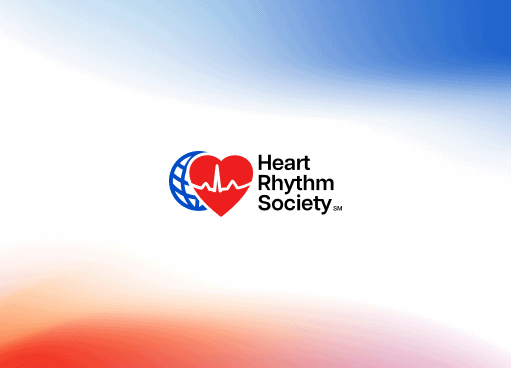Search & Filter
Date Range
HRS Endorsed
Audience
Topic
Device Type

Clinical Documents
18F-FDG PET/CT and Radiolabeled Leukocyte SPECT/CT Imaging for the Evaluation of Cardiovascular Infection in the Multimodality Context
The American Society of Nuclear Cardiology (ASNC) and Heart Rhythm Society (HRS), in partnership with 9 other societies, have released a consensus statement on the…
March 11, 2024

Clinical Documents
2023 ACC/AHA/ACCP/HRS Guideline for the Diagnosis and Management of Patients With Atrial Fibrillation
The American College of Cardiology (ACC) and American Heart Association (AHA) released updated recommendations for preventing and managing atrial fibrillation. The new guideline was developed…
November 30, 2023

Clinical Documents
2003 NASPE Training Requirements for Cardiac Implantable Electronic Devices: Selection, Implantation, and Follow-Up
This statement provides additional information regarding maintenance of skills related to device implantation, more detailed training guidelines for CIED implantation and lead extraction, and initial…
July 1, 2023

Clinical Documents
2023 HRS/APHRS/LAHRS Guideline on Cardiac Physiologic Pacing for the Avoidance and Mitigation of Heart Failure
The Heart Rhythm Society (HRS), Asia Pacific Heart Rhythm Society (APHRS), and Latin American Heart Rhythm Society (LAHRS) have partnered to provide guidance on cardiac…
May 20, 2023

Clinical Documents
2023 HRS Expert Consensus Statement on the Management of Arrhythmias During Pregnancy
The Heart Rhythm Society (HRS) released a new expert consensus statement on the management of cardiac arrhythmias during pregnancy. The document is a comprehensive resource…
May 19, 2023

Clinical Documents
2023 HRS/EHRA/APHRS/LAHRS Expert Consensus Statement on Practical Management of the Remote Device Clinic
The Heart Rhythm Society (HRS), European Heart Rhythm Association (EHRA), Asia Pacific Heart Rhythm Society (APHRS), and Latin American Heart Rhythm Society (LAHRS) have partnered…
May 19, 2023

Clinical Documents
HRS Policy Statement Update: Recommendations on the Role of Industry-Employed Allied Professionals
The Heart Rhythm Society (HRS) released a revised policy statement on the role of industry-employed allied professionals.
October 27, 2022

Clinical Documents
2021 ISHNE/HRS/EHRA/APHRS Collaborative Statement on mHealth in Arrhythmia Management: Digital Medical Tools for Heart Rhythm Professionals
This ISHNE/HRS/EHRA/APHRS collaborative statement describes the current status of mobile health (mHealth) technologies in arrhythmia management.
January 29, 2021

Clinical Documents
2020 Update to the 2016 ACC/AHA Clinical Performance and Quality Measures for Adults with Atrial Fibrillation or Atrial Flutter
There were two changes to the performance measures, both prompted by recent changes to the 2019 AHA/ACC/HRS Focused Update of the 2014 AHA/ACC/HRS Guideline for the Management of…
December 7, 2020

Clinical Documents
2020 AHA/ACC Guideline for the Diagnosis and Treatment of Patients with Hypertrophic Cardiomyopathy
The purpose of this guideline is to commission a full guideline revision of the 2011 ACCF/ AHA Guideline for the Diagnosis and Treatment of Hypertrophic Cardiomyopathy.
November 20, 2020